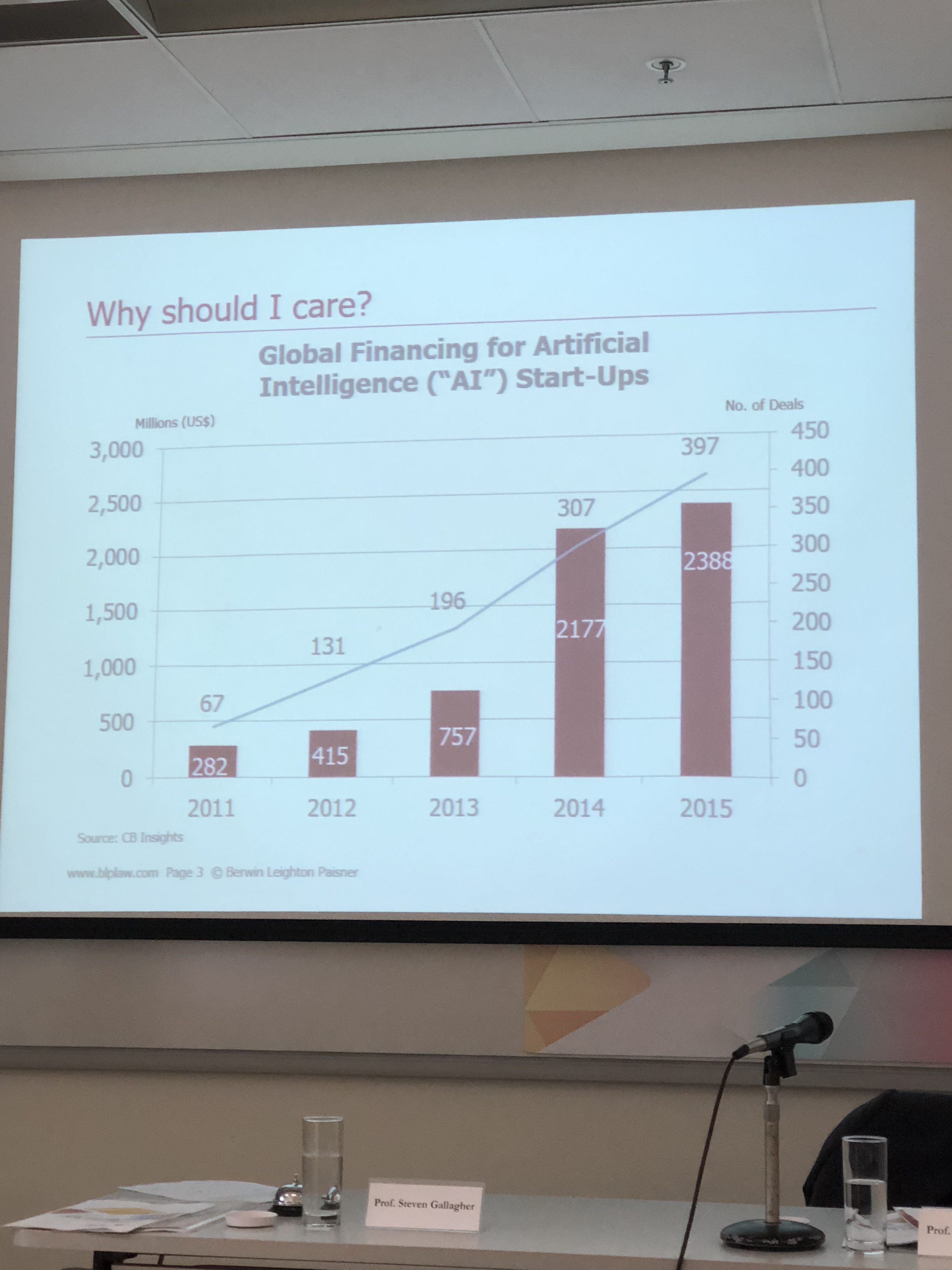I’m speaking at CUHK Faculty of Law’s conference on teaching and learning in law – slides on Slideshare, and at the Slides tab above, titled ‘An exhibition of future law schools: three portraits and a seascape’.
Am now attending the parallel session on Future of Legal Education. First up, Geraint Howells, ‘Every pint bottle should contain a quart – expectations of legal education’, giving a dean’s perspective on legal education. The profession still says, in spite of improvement, we’re not producing the students that they want. But Geraint believes that students have a fine education – does the profession have the wrong expectations? Does it expect too much of novice lawyers? Isn’t there a role for training in the profession itself (my thought – interesting to think about the SQE in England & Wales in that respect). Actually Geraint has just raised this issue re the Bar Exam in China, and that according to the latest figures, if I’ve understood him right, the top law schools don’t figure that highly in the top results. Does it matter? Interesting point, given the issue of social capital attaching to top law schools. Taking one of my points, he asked, is it our job to teach students to think like lawyers or to think like law professors? Isn’t a lot of practice pretty routinised, and maybe is a form of Business Studies? He compared HK law schools with the diversity and segmentation of law schools in the UK. Should HK diversify in the same way?
Next, Alvin W-L See, on ‘Humans vs machines: opportunities in the midst of uncertainties’. He began with Susskind on the meaning of AI (from an article in the MLR in 1986…) – systems … indicative of intelligence. It includes expert systems and data analytics, which are doing two quite different things. Prediction theory has advantages – ability to manage large datasets, faster & more accurate calculation, eg. He gave us the example of Lex Machina which give strategic insights into vast collections of data. Practical difficulties include small datasets, erroneous/incomplete data, a factual matrix that’s infinite or unpredictable, and unclear law. Jurisprudential difficulties include Hart’s ‘internal point of view’; and where the law is intended to achieve certain ends, eg where wording and normative underpinning are crucial, and where prediction/probability is irrelevant. Challenges include NL processing, legal language processing (including Latin & law French, jargon, fictions, historical dimensions), and conflicting views (which includes persuasion, creativity and innovation). So what’s important in the area of humans vs machines, and what are the issues that help us decide whether to use humans or machines? Jurisprudence; emerging areas of law; complex topics; where doctrinal/normative reasoning is important; creativity innovation in legal arguments; persuasion and presentation skills. Good presentation, interesting issues involved.
Finally June Sieh (Berwin Leighton Paisner) and Ian Lee (HK Polytechnic U) on ‘Legal education in keeping pace with finance technology (Fintech or FT)’. Why should we care? See the chart below, one of many showing growth in the area. Very interesting to see these figures. The range of projects and practice areas for Fintech lawyers include analytics, data management, CRM, licensing, anti-money laundering, virtual banking, crowdfunding, capital markets, insurance, robo-advice, FM, credit scoring, mortgages, e-commerce, P2P transfers, mobile wallets, merchant solutions, blockchain (including coins, wallets, exchanges, derivatives, distributed ledgers). Bearing in mind what I was saying about Bauhaus and PBL, this is a quite remarkable list of new topics and new integrations of knowledge that Fintech lawyers have to engage with. June also gave us a list of risks or concerns that FT poses, and she gave a list of regulatory regimes re cryptocurrencies in at least nine jurisdictions.
BLP has also done research on FT and tech in magic circle firms, a brief description of practices, CIO position, flagship initiatives. She then showed how the top ten law schools were responding – fascinating data, on whether they have a dedicated research centre, their content, FT-related courses, and their FT programme. She suggested:
- setting up a FT research centre
- setting up discussion forums etc
- offering FT specific courses
- career advice including intership arrangement to work in legal or compliance departments of tech startups
To me, this last session presents such a challenge to current curricula in law schools. It also presents a major challenge to regulators. Given the issues about quarts and pint pots, surely there are regulatory issues – don’t we need to re-design basic legal education along a foundation + options model, where such options are also out there for qualified lawyers, where law schools become professional development colleges for lawyers wishing to swap, eg between family lawyers to Fintech lawyers, or vice versa? At questions some of these issues were discussed.
Fascinating session.


